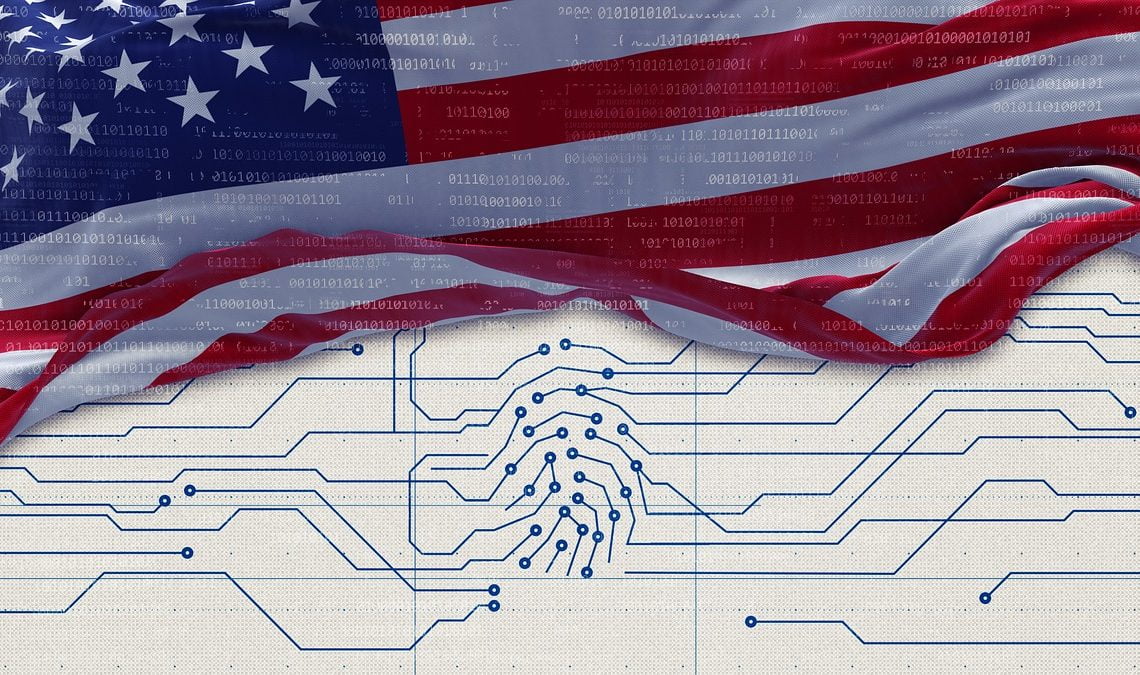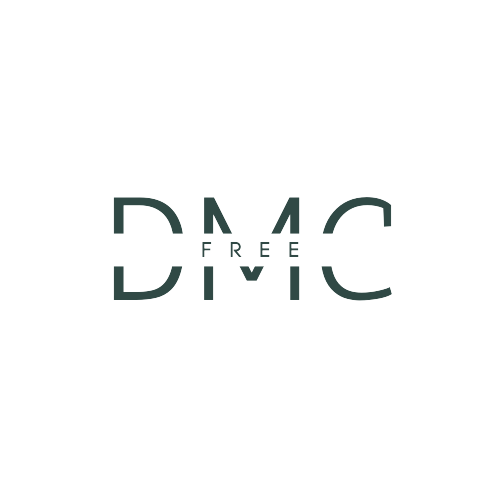
In today’s data-driven world, the role of Big Data Engineer has become pivotal for companies to harness the power of massive datasets. These professionals design, construct, install, and maintain the large-scale processing systems that help organizations make sense of their data. With an increasing demand for these skills, many are curious about the path to becoming a Big Data Engineer.
Table of Contents
Understanding the Role
Before embarking on this journey, it’s essential to understand what a Big Data Engineer does. They are primarily responsible for building and maintaining the architecture (like databases and large-scale processing systems), pipelines, and data sets that data scientists and analysts use. Essentially, while a data scientist focuses on deriving insights from a sea of data, a big data engineer ensures the data is accessible, reliable, and optimized for performance.
Difference Between a Data Scientist and a Data Engineer?
The Data Scientist extracts insights from complex and unstructured data, employing various statistical, machine learning, and analytical techniques. In contrast, a Data Engineer focuses more on building infrastructure and architecture for data generation, conversion, and storage. Read More

Educational and Skill Requirements
- Bachelor’s Degree: Generally, companies require a bachelor’s degree in computer science, software engineering, or a related field.
- Master’s or Specialized Training: While not always necessary, having a master’s in data or related fields can be beneficial. Specialized courses or certifications in big data technologies can also be beneficial.
- Skills Required:
- Programming Skills: Such as Java, Python, or Scala.
- Database Skills: Familiarity with database languages like SQL.
- Big Data Tools: Proficiency in Hadoop, Spark, and Kafka tools.
- Data Warehousing Solutions: Such as Amazon Redshift or Google BigQuery.
- ETL Tools: Familiarity with tools like Talend or Microsoft SSIS.
Path to Becoming a Big Data Engineer
- Educational Foundation: Begin with a bachelor’s degree in a related field.
- Gain Experience: Start as a software developer or in a related role to understand the intricacies of data systems.
- Specialize: Get hands-on with big data technologies on the job or through personal projects.
- Pursue Certifications: Certifications from organizations like Google, AWS, or Cloudera can add significant value.
- Networking: Join big data groups or forums. Engage in webinars, workshops, and conferences.
Where to Learn for Free:
- Coursera: Offers courses in partnership with top universities and organizations worldwide.
- edX: Provides many courses related to big data, from foundational to advanced levels.
- Kaggle: Besides being a platform for data science competitions, Kaggle also offers learning resources.
(For a deeper dive, you can explore these platforms: Coursera, edX, and Kaggle).
Salary Comparison:
| Country | Entry-Level | Mid-Level | Senior Level |
|---|---|---|---|
| USA | $70,000 | $100,000 | $140,000 |
| UK | £40,000 | £65,000 | £90,000 |
| Australia | AUD 70,000 | AUD 100,000 | AUD 130,000 |
| Canada | CAD 65,000 | CAD 90,000 | CAD 120,000 |
| India | ₹800,000 | ₹1,500,000 | ₹2,200,000 |
(Note: The approximate figures can vary based on various factors.)
Full-Stack Web Developers vs. Big Data Engineers:
While both roles involve programming and data management, Full-Stack Web Developers focus on front-end and back-end web development, ensuring seamless performance and user experience. In contrast, Big Data Engineers emphasize constructing and maintaining big data infrastructures.
Is Big Data Dangerous?
Like any tool, big data in itself isn’t dangerous. However, how it’s used or misused can raise concerns. Privacy breaches, data misuse, and biased algorithms can result from improper data handling. Therefore, ethical considerations are crucial in big data roles.

Conclusion:
Becoming a Big Data Engineer requires proper education, skill set, experience, and continuous learning. As industries realize the potential of big data, the demand for skilled professionals in this domain will continue to grow. Whether you’re a budding software engineer or a seasoned IT professional, now is an opportune moment to dive into the big data realm.
FAQ’s
How long does it take to become a big data engineer?
It typically takes about 2-4 years to become a proficient big data engineer. This timeframe considers a bachelor’s degree in computer science, IT, or a related field (4 years), followed by gaining relevant work experience or specialized certifications in big data technologies. However, the exact time can vary based on an individual’s prior experience and the pace at which they learn.
Is it hard to be a big data engineer?
Becoming a big data engineer can be challenging due to the complexity of handling vast amounts of data and the technical expertise required. It requires a solid understanding of various big data technologies, tools, and algorithms and the ability to solve complex problems. However, with dedication, continuous learning, and hands-on experience, one can master the skills required.
Can data engineer become big data engineer?
Yes, a data engineer can become a big data engineer. Many big data engineers start their careers as data engineers. Both roles require a deep understanding of databases, ETL processes, and data warehousing. To transition to a big data role, a data engineer would need to gain expertise in big data technologies like Hadoop, Spark, and NoSQL databases.
Is big data engineering a good career?
Big data engineering is considered a promising and lucrative career. As businesses generate more data and seek insights from it, the demand for professionals who can manage, store, and analyze such massive datasets is increasing. This leads to attractive salaries, opportunities for career growth, and the chance to work on cutting-edge technologies.
Is big data difficult to learn?
Big data encompasses a range of technologies and tools so the learning curve can be steep for some, especially those without a background in computer science or related fields. However, with structured training, hands-on experience, and dedication, acquiring the necessary skills is possible. Several online courses, workshops, and certifications are available to help individuals learn big data technologies.
Do big data engineers code?
Yes, big data engineers do code. They often write scripts and programs to process, manage, and analyze large datasets. Familiarity with programming languages such as Java, Python, and Scala is crucial for many big data tasks, especially with technologies like Apache Hadoop and Apache Spark.


